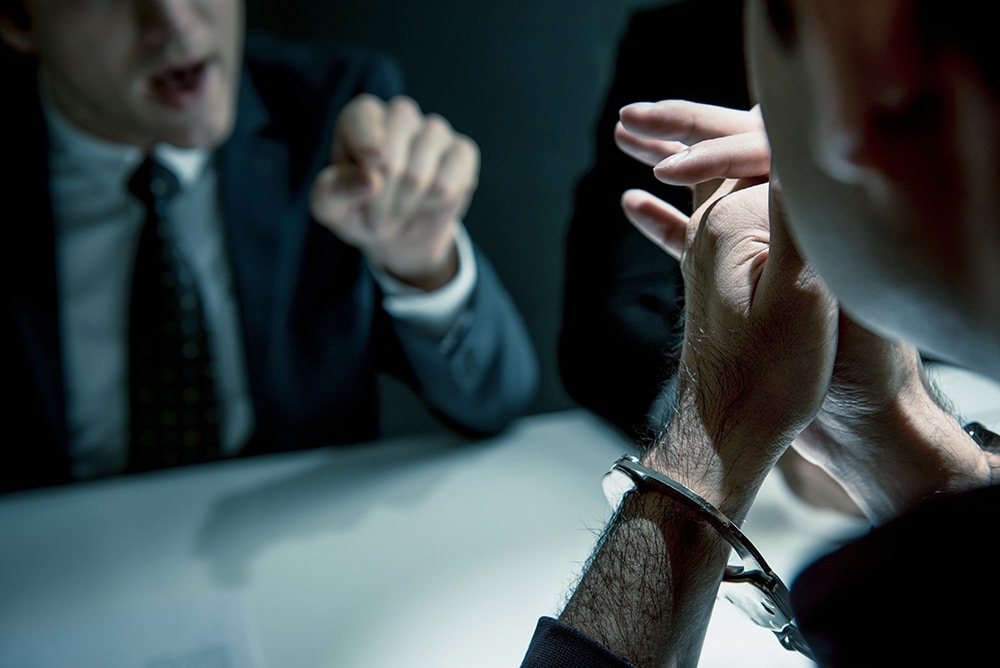While you may be frightened and unsure what to do, you may potentially have an advantage!
The idea of facing potential criminal charges can be a very scary and intimidating feeling. Perhaps you got a call from a detective requesting that you come in for questioning. Maybe you just found out an incident you were involved in is going to Grand Jury. While you may be frightened and unsure of what to do, Look on the bright side, you potentially have an advantage! Having advance notice of a potential criminal charge gives you the opportunity to be proactive. Seek quality legal advice from an experienced Criminal Defense Attorney, like Trip Walton, before your arrest ever takes place.
A Detective or Investigator reaches out to you:
Get a Lawyer. Find a local, experienced Criminal Defense Lawyer, like Trip Walton.
Remember, if Law Enforcement is asking you to come down to the station to talk to you – not for an arrest – you do not have to go. It is an invitation, not mandatory.
Be Courteous. Be Cooperative.
However, being polite and cooperative does not mean you actually have to speak to Law Enforcement about the potential charge. In fact, it would be best if you did not speak to anyone, except your attorney, about the specific charge or incident at all. Invoke your 5th amendment rights and stick with it. If the investigators or detectives knew enough to charge and arrest you, they wouldn’t be asking you to come in and talk.
Remember – NEVER speak to Law Enforcement without your attorney present.
Delete your Social Media. Check out our previous blog on how Law Enforcement can utilize your social media accounts in their investigation against you.
Your case has gone to a Grand Jury:
A grand jury consists of 16 to 23 people. Grand juries convene for a period of one month up to one year. Proceedings are held in private; the suspected criminal actor is usually not present at the proceedings.
The grand jury acts as an investigative body, acting independently of either prosecuting attorney or judge. Criminal prosecutors present the case to the grand jury. The prosecutors attempt to establish probable cause to believe that a criminal offense has been committed. The grand jury may request that the court compel further evidence, including witness testimony and subpoenas of documents. They are generally free to pursue its investigations unhindered by external influence or supervision.
The grand jury assesses whether there is adequate basis for bringing a criminal charge against a suspect. (Legal Information Institute)
More times than not, if your case is going to Grand Jury – you have already been arrested and charged. However, there are times, when a case may be based on more circumstantial evidence, you may not have been arrested or charged yet. If this is the case, then again, retain a quality Criminal Defense Lawyer!
Ready to discuss your case? Contact our experienced team of Criminal Defense lawyers for an initial case consultation.
Find a Bondsman:
You have advance knowledge you may be charged with a crime and arrested. Consider this an advantage and contact a local bail bondsman. Inform them of your potential charge (do not go into detail). This will allow them to give you a general idea on the amount your bail will be, along with making them aware of your potential arrest. This may be helpful so if you do end up getting charged and arrested, you could get out on bail sooner than later.
Get a Lawyer:
An experienced criminal defense attorney will be able to assess your potential charges and advise you of your best options. Whether you have committed a crime or not, your criminal defense attorney will be your ally. Your criminal defense attorney will be committed to protecting your rights and defending you against any charges. Furthermore, having a respected and experienced attorney at your side will, more than likely, result in better treatment by Law Enforcement if you are arrested and charged with a crime.


